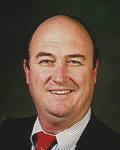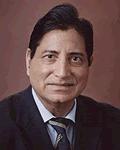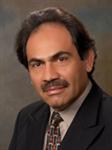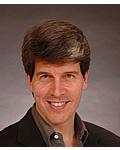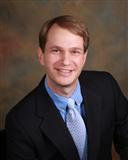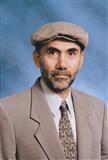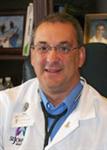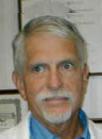In the department of Pediatric Pulmonology are treated children with a wide range respiratory system diseases including congenital and acquired chronic diseases:
- Bronchial asthma;
- Bronchitis;
- Cystic fibrosis;
- Pneumonia;
- Family autonomic dysfunction;
- Hereditary hemorrhagic telangiectasia;
- Bronchopulmonary dysplasia;
- Lung disease due to immunodeficiency;
- Chronic lung disease and bronchiectasis;
- Infectious diseases;
- Pulmonary complications of cardiovascular and oncological diseases;
- Children in need of lung transplant;
- Pulmonary complications in patients past organ transplant or bone marrow transplant.
Special medical supervision pulmonologist should:
- If the child suffered a severe disease of the bronchi or lungs, and was treated in hospital for a long time;
- If there has been a complication of lung disease, the child is not fully recovered, and the risk of of disease recurrence is high;
- When a child suffers from chronic or congenita lung disease;
- In severe flowing asthma;
- After removal of foreign bodies from the respiratory tract and some other diseases.
The doctor-pulmonologist solves questions necessity of carrying out preventive treatment and hospitalization of the sick child to the specialized pulmonary department of pediatric hospitals, if necessary, where there is every opportunity for a full examination and treatment of a child with respiratory diseases.
When to see a doctor
It is generally known that the earlier the disease is detected, the faster and more successfully cured it. Therefore it is very important to timely detect the occurrence of disease, to consult a doctor and as early as possible to begin treatment.
To the pediatric pulmonology should contact if a child worried about:
• Cough;
• Sputum;
• Intoxication - lethargy, drowsinessincreased body temperature;
• Shortness of breath;
• Violation of breath, attacks of breathlessness;
• Wheezing, audible at a distance, noisy breathing.
Responsibilities physician pulmonologist
- The doctor will listen to complaints, will ask about an illness, living conditions, allergies and genetic predisposition, will examine the child, providing advice;
- Appointment of additional tests and treatment.
- Development of an individual program of prevention and monitoring of sickly children;
- Planning of vaccination in a chronically ill children;
- Learning the principles of kinesitherapy, hardening;
- Development of rules of nebulising therapy at home;
- Conducting a survey by the differential diagnosis of pathogens of acute respiratory disease (influenza virus types A and B, Chlamydophila pneumoniae, Mycoplasma pneumoniae, respiratory syncytial virus, adenovirus, Groups B, C, E, metapneumovirus, parainfluenza virus, coronavirus, rhinovirus);
- Investigation of respiratory function.
Diagnostics in Pulmonology
- Spirography;
- Biopsy;
- Diagnostics, in order to eliminate the presence of foreign bodies;
- Crops on identifying birth defects;
- Analysis of sweat;
- Stress test – with use methacholine;
- Saturation - check the level of oxygen saturation;
- Tests for the diagnosis of bronchial Asthma;
- Pikfloumetry;
- X-ray methods of investigation of light - X-rays and X-ray tomography;
- Computed tomography of the lungs;
- Echocardiography - Ultrasonic examination of the heart to determination of pressure in the pulmonary artery;
- Investigation of the immune status;
- Allergological Survey;
- General clinical research methods, sputum cytology, sputum culture with definition of sensitivity to antibiotics;
- Functional analysis of the activity lungs of small children;
- A sample of nitrous oxide for the children to identify and follow-up treatment of Asthma;
- Visualization - using sound waves.
hide
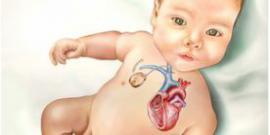 Pediatric Pulmonology - a specialized area of medicine, which is responsible for treating all kinds of diseases and respiratory infections in children.
Pediatric Pulmonology - a specialized area of medicine, which is responsible for treating all kinds of diseases and respiratory infections in children. 